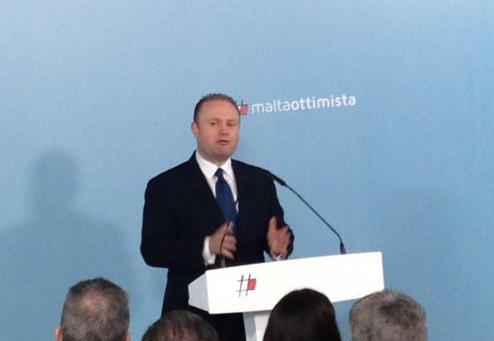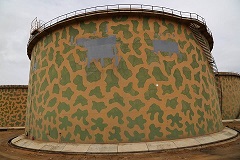By Libya Herald reporter.

Tunis, 1 March 2015:
The Maltese government has suspended an agreement with Libya that allows Libyan diplomatic passport holders to . . .[restrict]travel to Malta without a visa. Announcing the decision, Maltese Prime Minister Joseph Muscat said the move was in response to reports that the passport office in Sirte was now in the hands of terrorists.
The office was taken over by Islamic State militants last month.
The move, said top be temporary, is being presented as a response to the possibility of an IS terror attack in Malta itself.
“We have to be careful even though we have no information or suspicions of an attack,” he said at a meeting today in Hamrun. “We have to be vigilant and careful but proceed with our own life and our future but there is no cause for alarm.”
He thought, however, that potential terrorists would not want go to Malta by boat as illegal immigrants and then be locked up for months in a detention centre.
“We are taking all steps we can take responsibly, keeping the Opposition informed of all developments,” he explained.
However, the visa decision follows persistent reports that Malta refused three days ago to the Hassi administration’s Transport and Communications Minister, Ramadan Zamit, said to be travelling on a diplomatic passport but without a Schengen visa. Although believed to be transiting on to Rome, he would have had to enter the Schengen area at the first point of arrival in it, which was Malta.
He is said to have been sent back on a flight to Tripoli.
A senior Maltese official has denied any Hassi official was refused entry. The Hassi administration has, however, warned Malta that its interests in Libya are now in danger because of its attitude.
The passport decision will not affect the vast majority of Libyans who still require visas to visit the island. Many Libyans already possess Malta visas and there is now a large community of exiles staying in Malta. For Libyans without a visa to go to Malta, obtaining one now requires a visit to a Maltese consulate in a third country – in most cases Tunisia. [/restrict]









